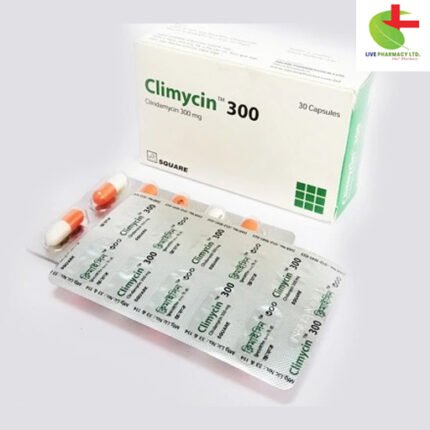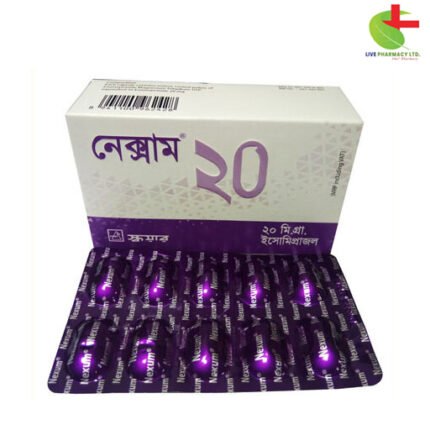Diliner DR 60
96.66৳ Strip
Diliner DR is a potent serotonin and norepinephrine reuptake inhibitor (SNRI) prescribed for Major Depressive Disorder, Generalized Anxiety Disorder, and various chronic pain conditions. Its active ingredient, Duloxetine Hydrochloride, effectively manages symptoms by modulating neurotransmitter levels in the brain. With well-defined dosing regimens tailored to each condition, Diliner DR offers a balanced approach to symptom relief. However, caution is advised regarding potential drug interactions and contraindications, particularly in patients with hypersensitivity or certain medical conditions.
 Brand
Brand
|
Square Pharmaceuticals PLC |
|---|---|
 Generics
Generics
|
Duloxetine Hydrochloride |
Indications
Diliner DR, an SNRI, is prescribed for Major Depressive Disorder (MDD), Generalized Anxiety Disorder (GAD), Diabetic Peripheral Neuropathic Pain (DPNP), Fibromyalgia, and Chronic Musculoskeletal Pain.
Pharmacology
Duloxetine Hydrochloride, a selective serotonin and norepinephrine reuptake inhibitor (SSNRI), is well-absorbed orally and primarily metabolized hepatically. It exhibits minimal affinity for various receptors and does not inhibit monoamine oxidase (MAO).
Dosage & Administration
Initial doses range from 30 mg to 60 mg daily, with adjustments based on response. Maximum doses vary depending on the condition being treated.
Interaction
Diliner DR metabolism involves CYP1A2 and CYP2D6 isozymes. Co-administration with potent inhibitors of these enzymes may affect Diliner DR concentrations.
Contraindications
Avoid in patients with hypersensitivity to the drug, bipolar depression, significant alcohol use, or chronic liver disease.
Side Effects
Common adverse events include nausea, dizziness, dry mouth, constipation, decreased appetite, and fatigue. Diliner DR may slightly elevate blood pressure.
Pregnancy & Lactation
Use during pregnancy and lactation is cautioned due to potential risks, with limited data available on fetal and neonatal effects.
Precautions & Warnings
Close monitoring is advised for clinical worsening, suicidality, and behavioral changes, especially during initial treatment phases. Caution is warranted in patients with a history of mania or seizure disorder.
Use in Special Populations
Safety and efficacy in pediatric patients have not been established.
Overdose Effects
Management of acute overdose involves general supportive measures, with no specific antidote available.
Therapeutic Class
Diliner DR belongs to the serotonin-norepinephrine reuptake inhibitor (SNRI) class.
Storage Conditions
Store Diliner DR below 30°C, away from light, and out of children’s reach.













Reviews
There are no reviews yet.